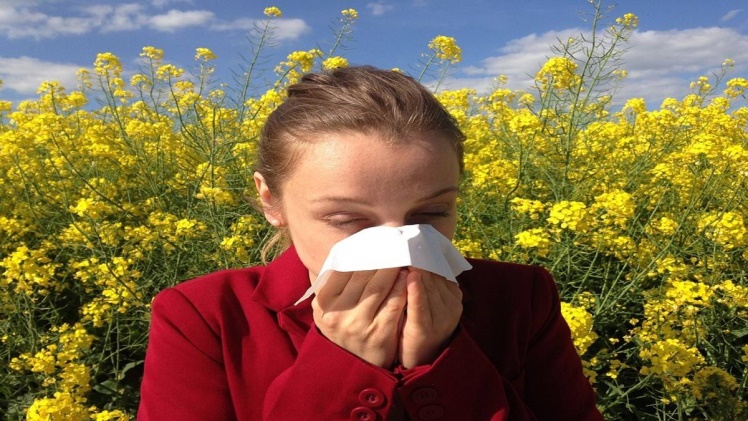If you are one of the millions of people with seasonal allergies, there is no second-guessing that spring means a runny nose, congestion, sneezing, and other bothersome symptoms. Fortunately, unlike someone with a perennial allergy, which is present all year round, you have the advantage of being able to prepare. Additionally, the following simple strategies can help you keep Houston allergic reaction under control.
Limit your exposure to allergy triggers
The best way to avoid seasonal allergies is by avoiding allergens that trigger your allergy signs and symptoms. If you are allergic to pollen, you want to stay indoors on dry, windy days. The best time to go out is after it has rained since there is no pollen in the air. Get someone to help you with weed pulling, lawn mowing, and other gardening activities that stir up allergens. If you were outdoors, remove the clothes you had worn and shower to remove pollen from your skin or hair. Since pollen can stick to garments, you want to avoid hanging clothes outside. If you have to do outside chores, wear a face mask.
Keep indoor areas clean
Although no single product can eliminate all allergens from your home, the following suggestions may help.
Use high-efficiency filters in your house, especially if you have air conditioning or forced air heating. Consider using a dehumidifier to reduce the amount of moisture in the air; this helps keep indoor air dry. You also want to clean your floors with a vacuum cleaner that has a HEPA filter. Placing a high-efficiency particulate air (HEPA) filter in your bedroom is also helpful.
Take extra measures when pollen counts are high
Flare-ups of seasonal allergy signs and symptoms are common when there is a lot of pollen in the air. First, it is best to know the current pollen levels; confirm with your local newspaper, TV, radio station, or the internet if high pollen counts are forecasted; pre-treat by taking your allergy medications before you have any symptoms. Pollen can easily enter your house through doors and windows; therefore, keep them closed at night or any other time. There tends to be too much pollen in the air early morning, so it is best to avoid outdoor activity until later in the day.
Take an antihistamine
An allergy can still strike even if you are doing everything right. Therefore, if you already have allergy symptoms, consider non-drowsy oral antihistamines. They are a great first step for getting relief since they target the histamine response and begin to work in a few hours. An antihistamine can help relieve symptoms such as itchy eyes, nasal congestion, sneezing, and scratchy throat. Nasal steroid spray can also treat allergies, but unlike antihistamines, they take a few days to take effect.
Nasal decongestant sprays are also available in the medication aisle, but unless your nasal congestion is bad, steer off this particular nasal spray. These sprays can cause rebound congestion, which worsens as your body relies on the spray.
If your seasonal allergy symptoms are severe and persist despite trying over-the-counter medications, visit your doctor at Houston Medical ER for further treatment.

